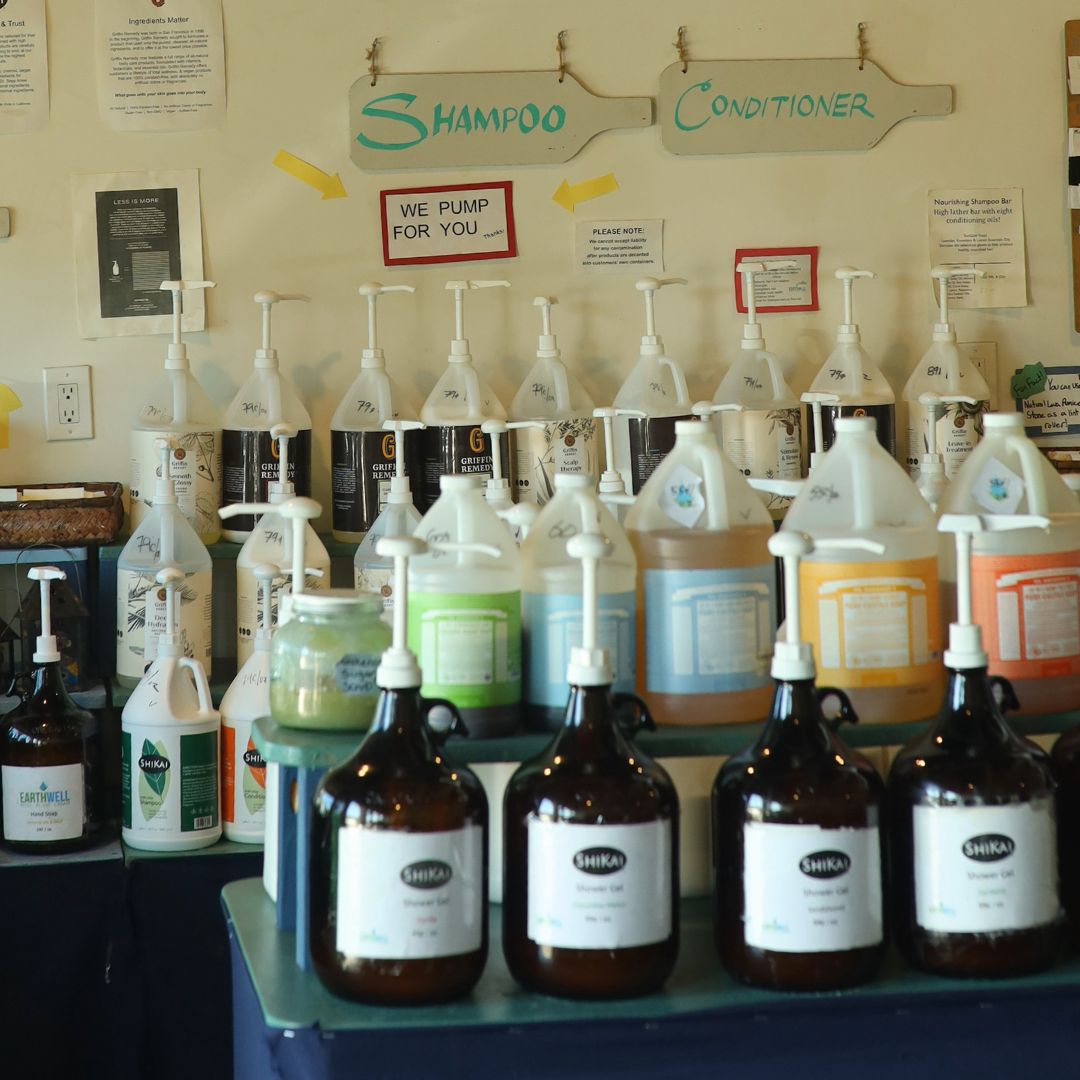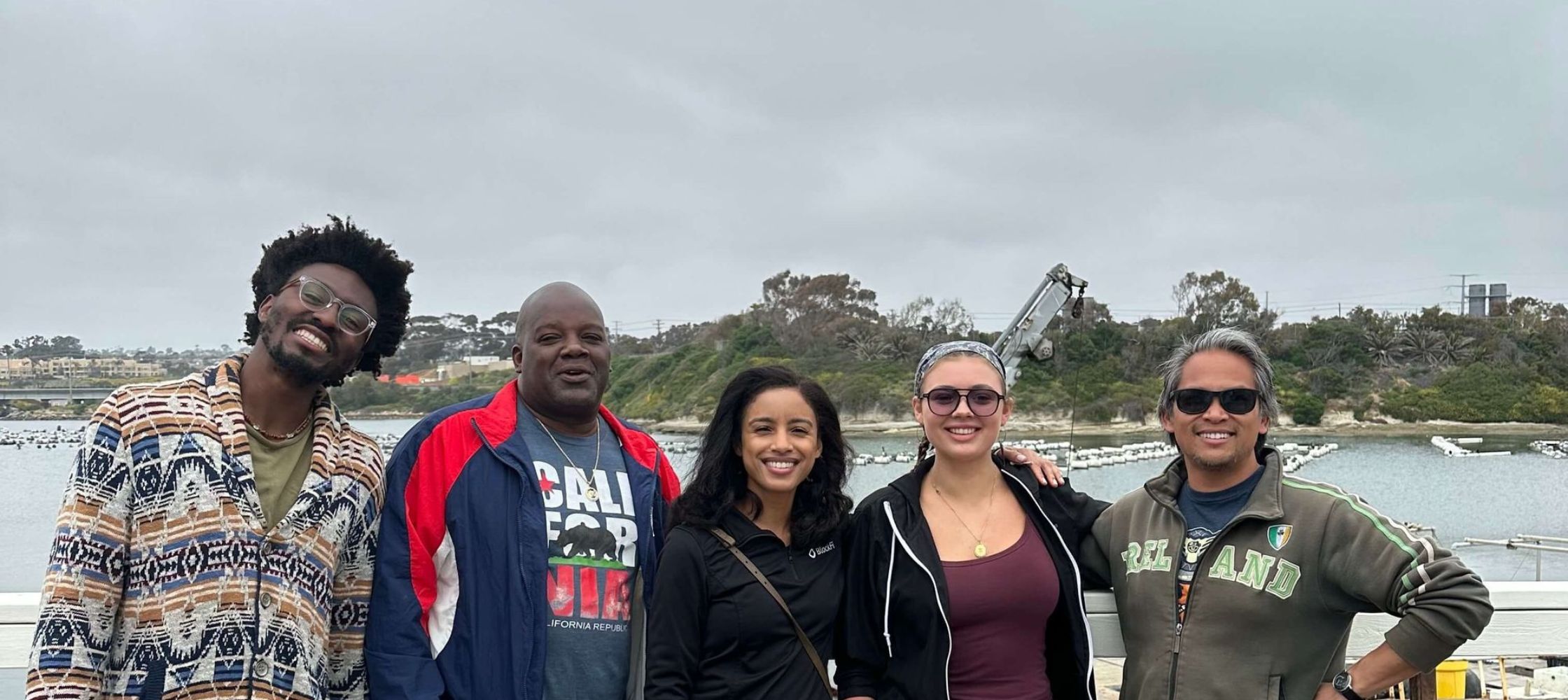By Laura Kasa, Founder, Saving Ocean Wildlife
The Blue Serengeti
Picture the beauty of an endangered Leatherback sea turtle swimming past your boat. Feel the lightness in your chest as you laugh at a pod of playful dolphins racing beside your surfboard. Feel the shower of ocean water on your skin as you stare in awe at the explosive spout of a migrating Humpback whale. These are the animals we have the benefit of seeing right in our own backyard. The stretch of ocean off the coast of Southern California, extending from Point Conception south to the Mexican border, is known as the Southern California Bight. This part of the Pacific is so rich with ocean wildlife it is often called the “Blue Serengeti.”
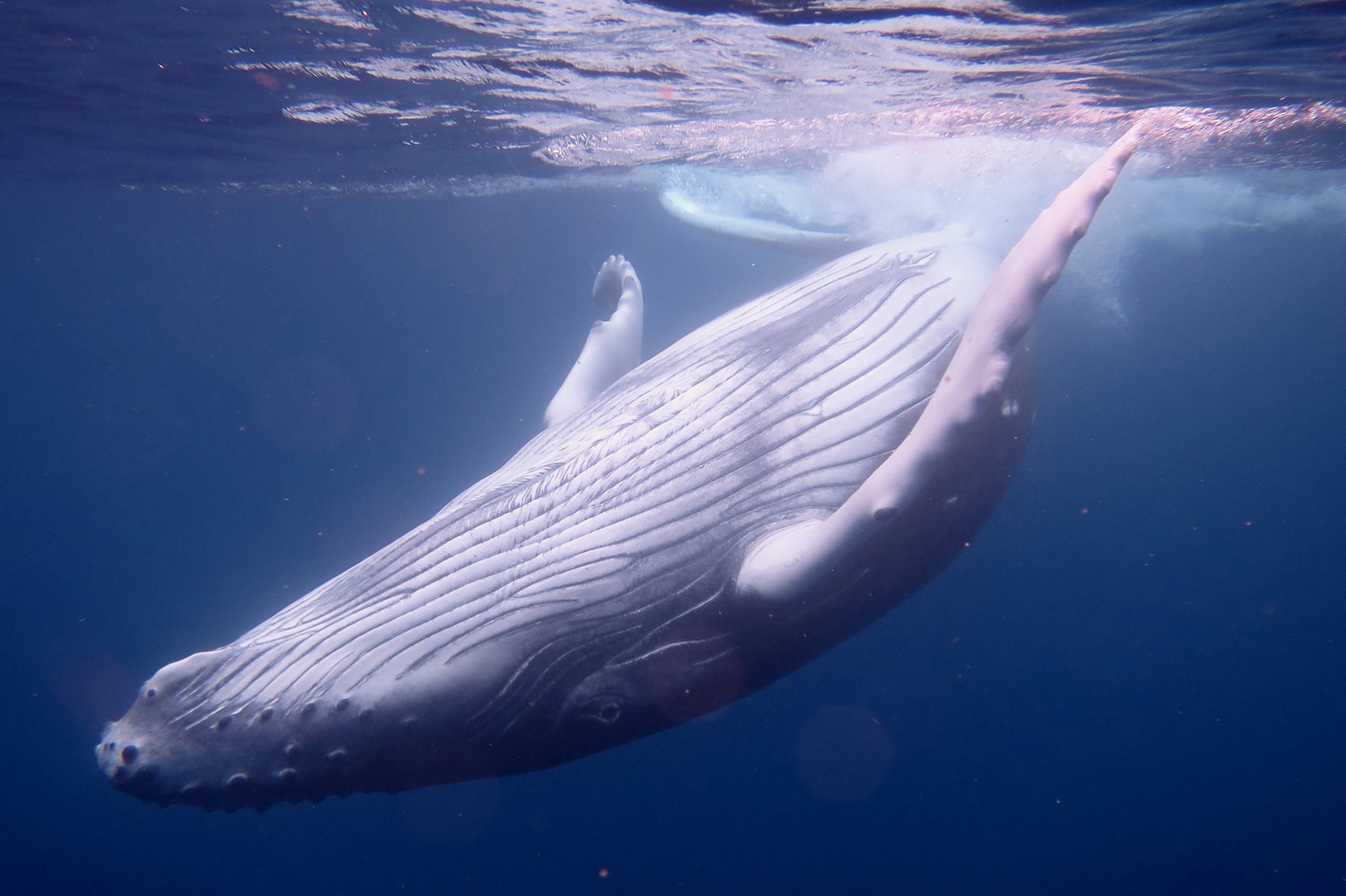
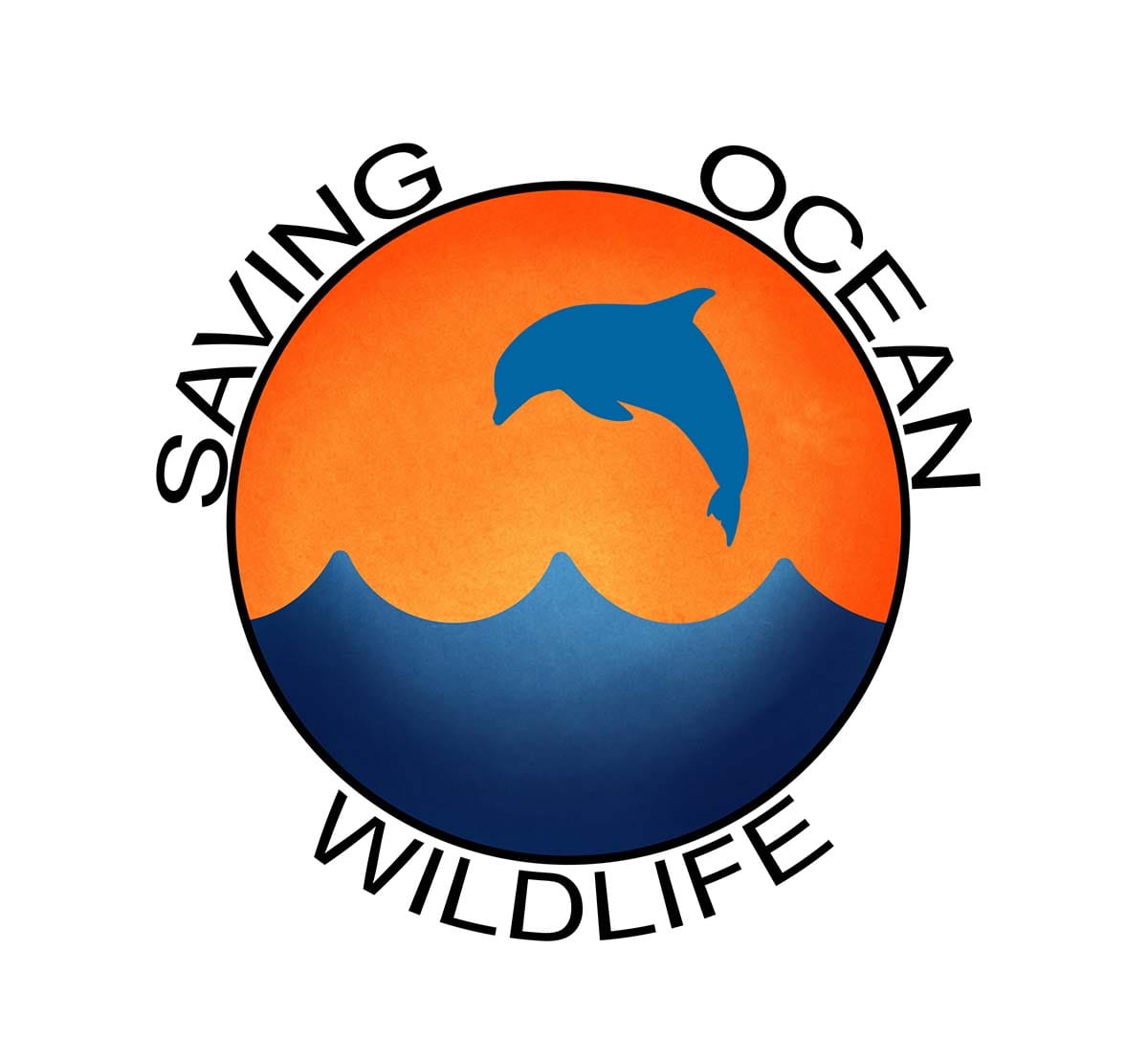
Threats to ocean animals
Every year, marine animals migrate thousands of miles across the Pacific Ocean and along the North American coast to feed and breed. One example is the gray whales that are born in the lagoons of Baja California, Mexico, and migrate up to the rich Alaskan waters to feed. As if the mileage of this journey is not difficult enough, these animals and their young inevitably encounter natural threats along the way that challenge their survival. And there has been an alarming increase in human-made obstacles that are also thinning these populations, primarily ship strikes and entanglement in fishing gear. Along the West Coast we are fortunate to have a support network of rescue agencies coordinated by the National Oceanographic and Atmospheric Administration’s (NOAA). These agencies are well-trained to help free these animals from the thousands of pounds of gear they are dragging that impair their ability to swim, feed, and mate. But it’s a big ocean out there and the rescue agencies only can save the animals they know about.
Engaging the public to report animals in distress
Boaters and the general public are often the ones who spots these animals in distress but how to report these animals is not widely known in Southern California communities. This is why we started Saving Ocean Wildlife two years ago. We are reaching out to the boating community, whale watching companies and the general public to give them the tools to quickly report injured animals to the correct authority so that help can be on the way quickly.
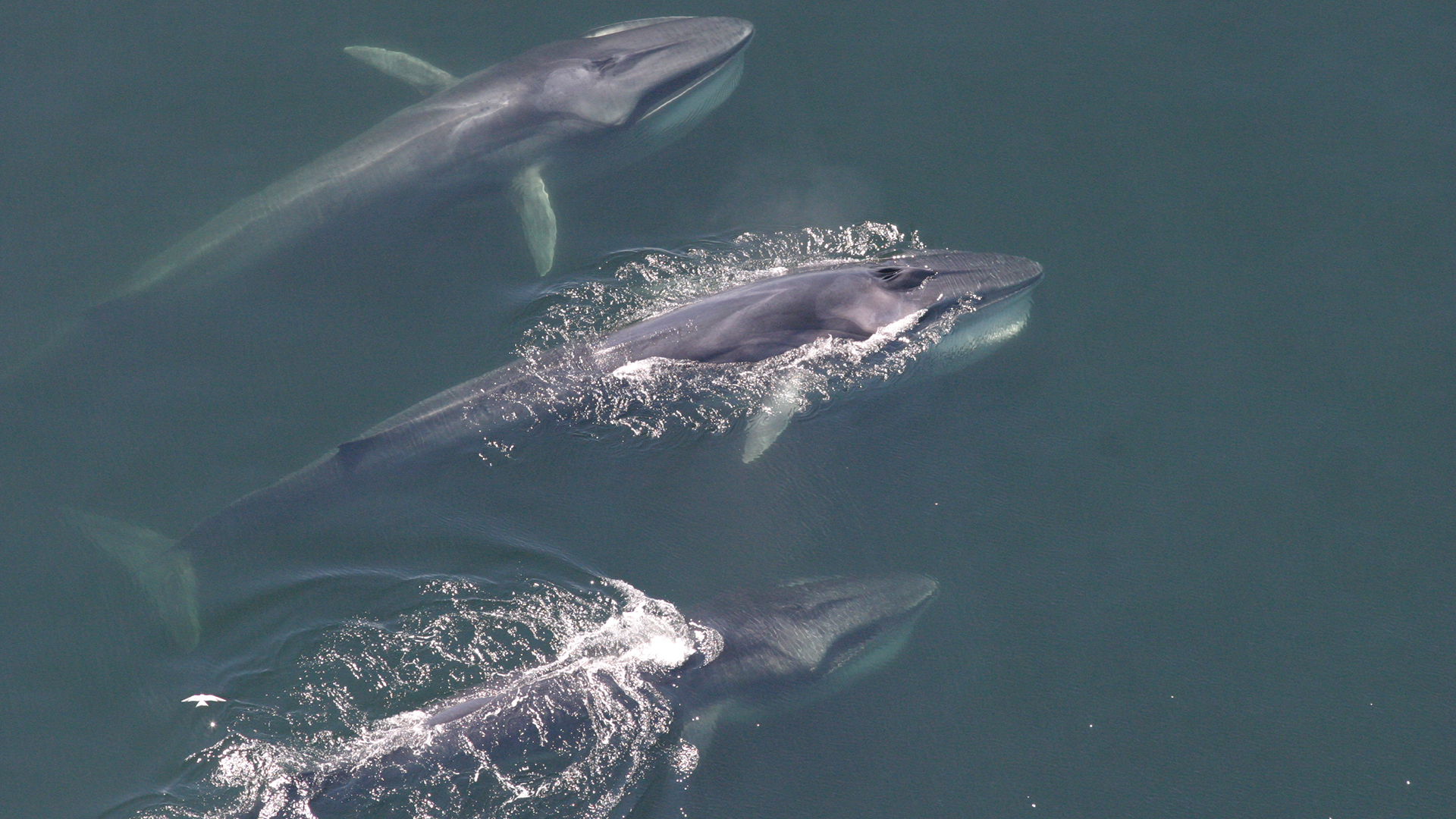
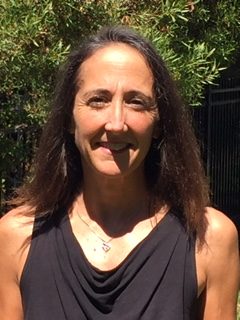
Partnering with Ocean Connectors
As a non-profit working to protect our marine life, we are very excited to be working this year with another non-profit committed to preserving our ocean – Ocean Connectors. Our partnership involves getting reporting tools in the hands of more people in Southern California. This year we have a new way for the public to easily report on whales in distress through the Whale Alert app. Ocean Connectors has started to introduce the app on its eco tours and student trips so that more people are educated on how they can report any animals in need to NOAA so they can plan a response effort. We are grateful for this new partnership!
You can make a difference
We encourage everyone to download the Whale Alert app to their phone and help us to get more eyes on the ocean to report wildlife. This is a big ocean. We cannot do this alone.
Help us keep our Blue Serengeti alive – learn more about Saving Ocean Wildlife.

